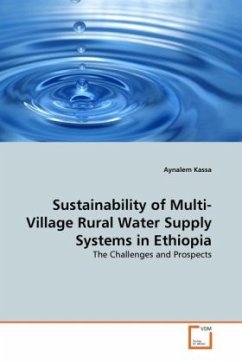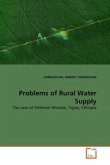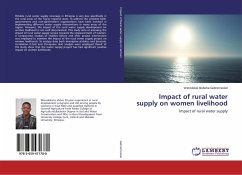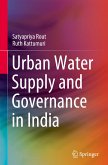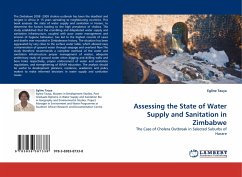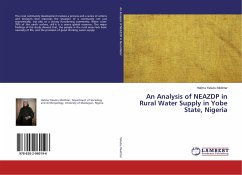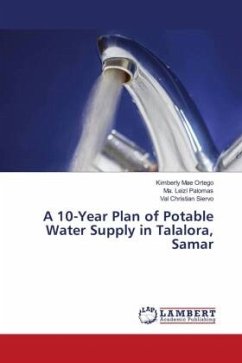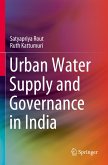Multi-village rural water supply systems are one of the potential options to facilitate service and appear to offer a feasible and long-term solution to acute water scarce areas. Attaining scheme sustainability to maintain the service at the desired level, however, is no easy task. This book vividly addresses these challenges by examining key determinants such as technology, community and social factors, financial issues, institutional and legal matters, as well as environmental concerns. Long-term efficiency is substantially thwarted by inadequate manuals and guidelines, insufficient staff training at different levels and gradual deterioration of water management boards performance. Likewise, weak financial management systems, a derisory spare parts supply chain aggravated by weak private sector involvement, the lack of institutional legal entity and poor water source protection are among the major factors that hinder performance. This book is vital for researchers, policy makers and development practitioners alike to consider holistic sustainability elements while planning and implementing the system.
Bitte wählen Sie Ihr Anliegen aus.
Rechnungen
Retourenschein anfordern
Bestellstatus
Storno

